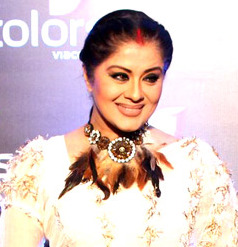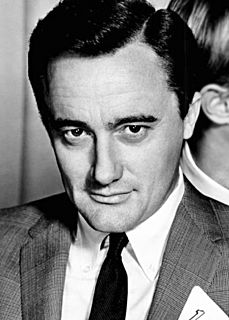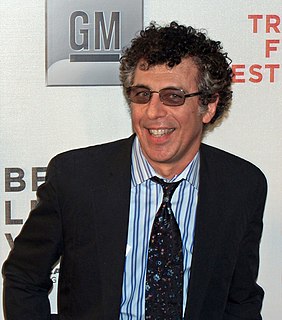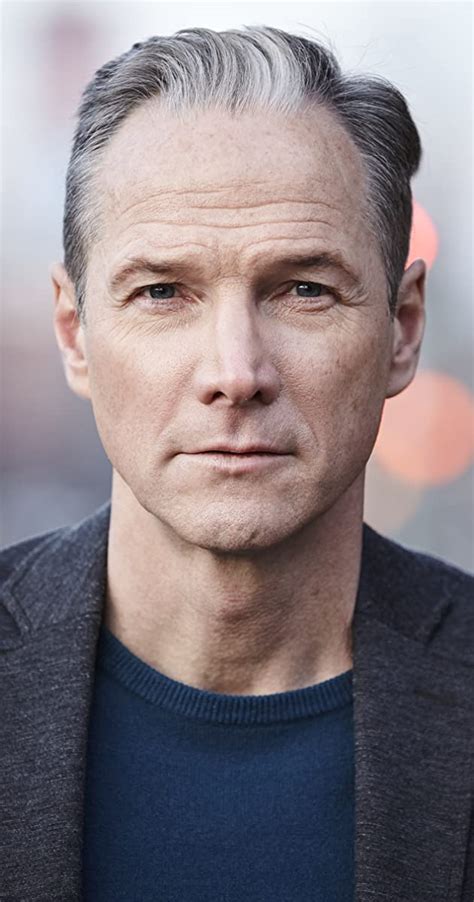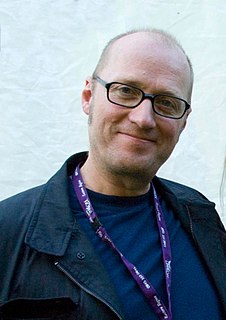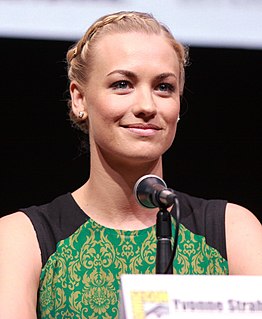A Quote by Sudha Chandran
I started with light hearted comedies and good stories with real-life treatment; then TV went glossy, especially with the K-series.
Related Quotes
I think when I was getting into directing, or wanting to be a director, when I was a teenager, the two films that really inspired me were Raising Arizona and Evil Dead II. And in the case of the former, I thought, "Wow. Why don't all comedies look like this?" And then as I started doing comedy, particularly when I started doing it on TV...
It's where we're nearest to our humanness. Useless knowledge for its own sake. Useful knowledge is good, too, but it's for the faint-hearted, an elaboration of the real thing, which is only to shine some light, it doesn't matter where on what, it's the light itself, against the darkness, it's what's left of God's purpose when you take away God.
People are much more complicated in real life, but my characters are as subtle and nuanced as I can make them. But if you say my characters are too black and white, you've missed the point. Villains are meant to be black-hearted in popular novels. If you say I have a grey-hearted villain, then I've failed.
I didn't get into Tupac [Shakur] until a little later, once I started understanding rap and people's stories. Eminem was the first rapper that I actually started dissecting the lyrics, and once I got attached to his stories, then I started listening to Dr. Dre, then Snoop 'cause they were all under one camp.
It's, like, your classic journey from a drama school. I went straight to the three-year acting degree, and I waitressed throughout that to support myself and for the first six months after I graduated. Then I started to get commercials here and there, and then I got a couple of roles in Australia and then a more regular role on a TV series.
